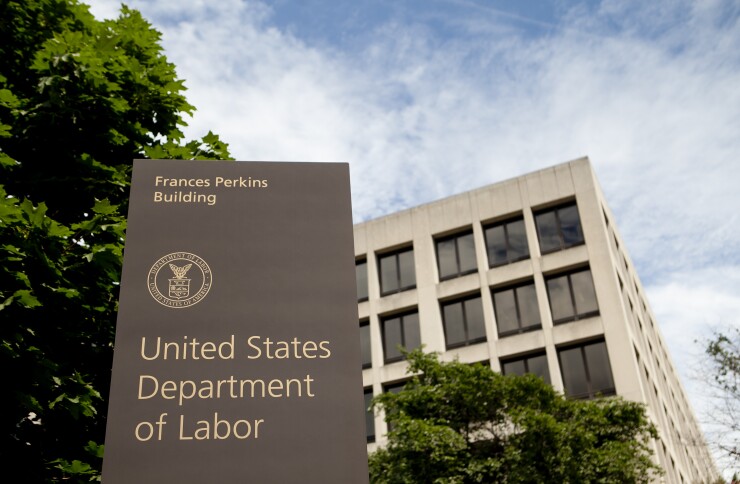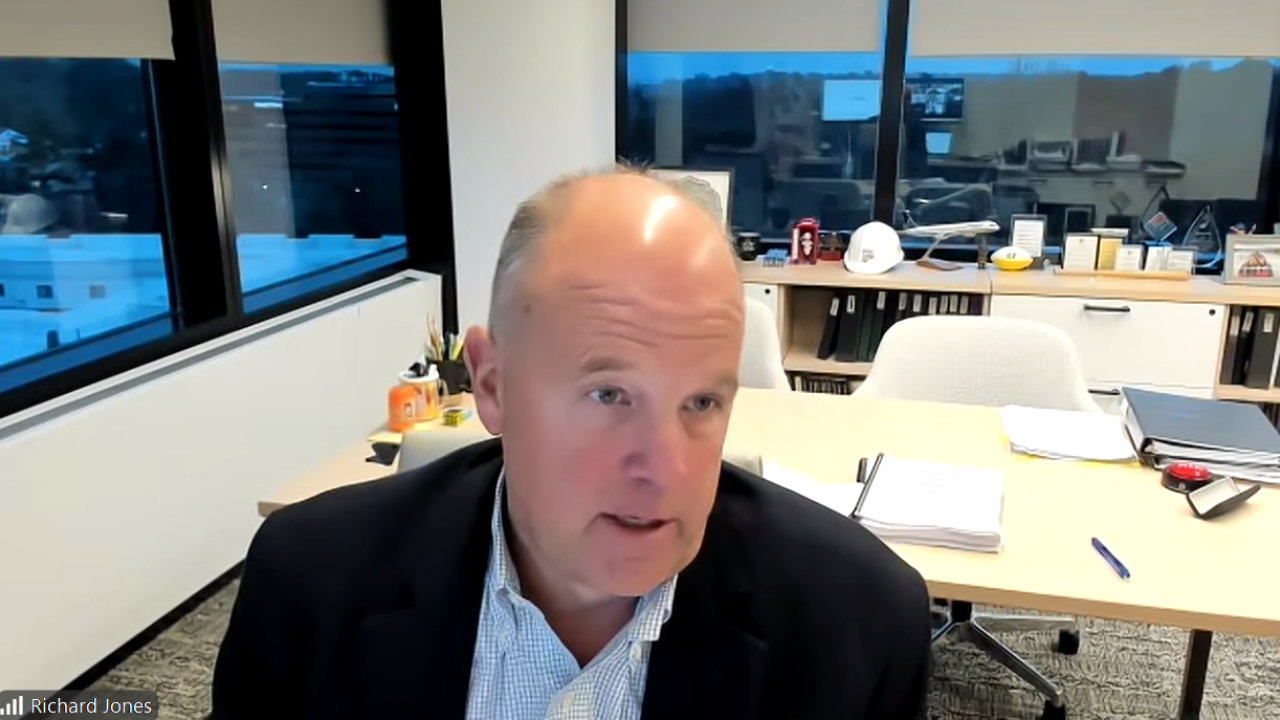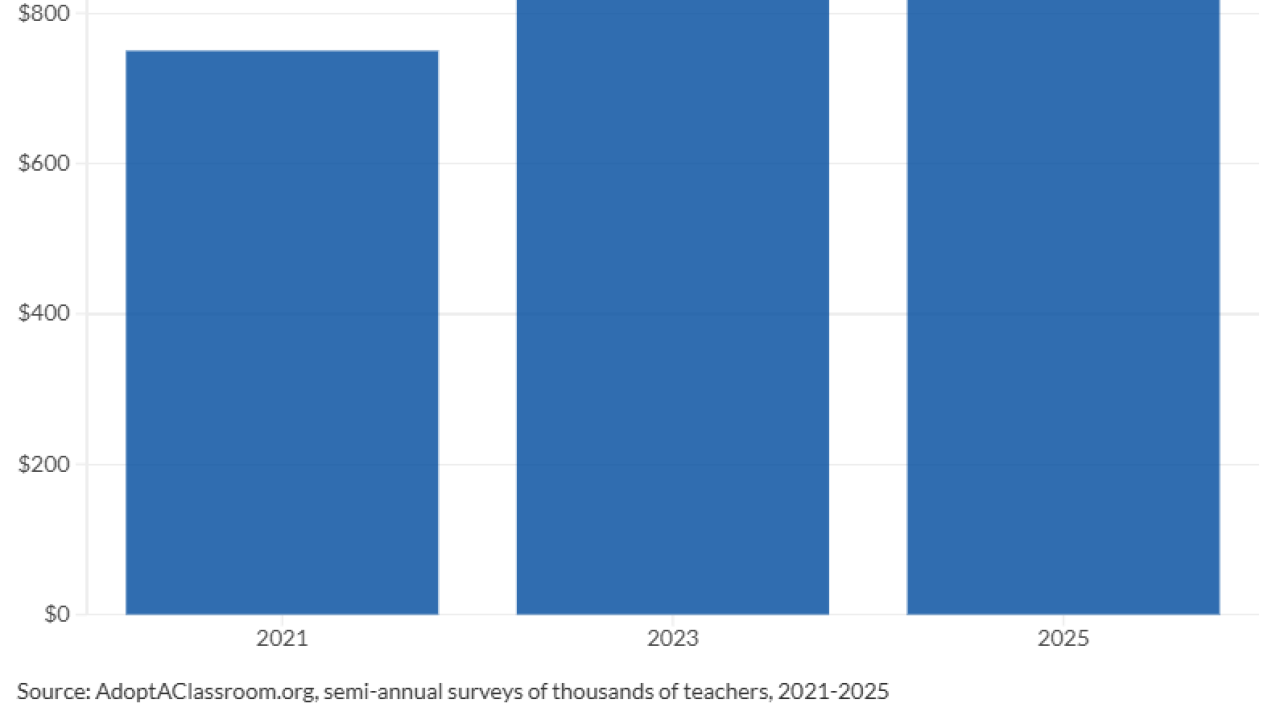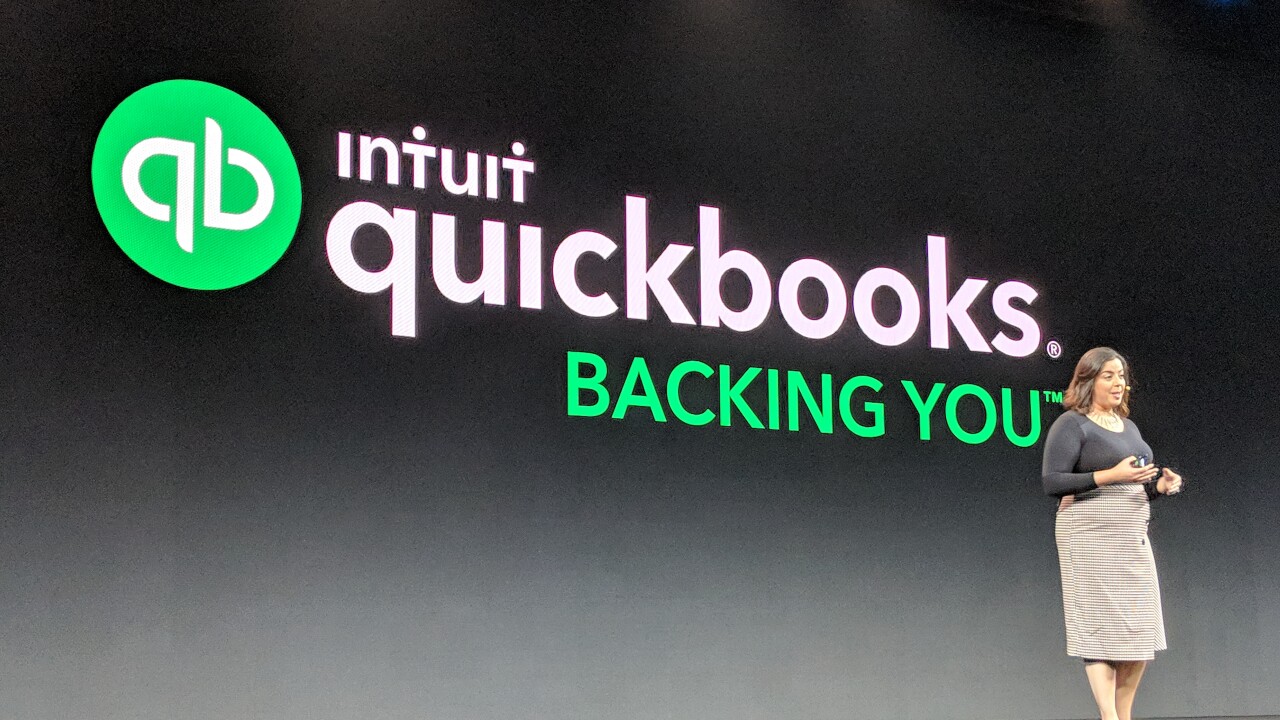The U.S. Bureau of Labor Statistics reported Friday that employment increased by 187,000 jobs in August as the labor market showed some signs of cooling, with the unemployment rate rising three-tenths of a percentage point to 3.8%.
The biggest gains occurred in the health care, leisure and hospitality, social assistance and construction industries. The professional and business service sector added 19,000 jobs, including 2,700 in accounting, tax preparation, bookkeeping and payroll services.
Average hourly earnings rose in August by 8 cents, or 0.2%, to $33.82. Over the past 12 months, they've increased 4.3%.

The BLS also revised downward the job numbers for June and July, subtracting 80,000 jobs in June, from a gain of 185,000 to 105,000, and 30,000 in July, going from a gain of 187,000 to 157,000. With both revisions, employment in June and July combined was 110,000 lower than previously reported.
Accounting talent shortage
"In contrast to the previous month's report, which showed a slight decrease of 400 jobs in the accounting sector, the latest data for August confirms the increasing demand for accounting talent, as reported throughout the year," said Werner Barnard, chief revenue and growth officer at Sapro, which provides workforce talent to public accounting firms. "The sector added a noteworthy increase of 2,700 jobs, demonstrating its resilience and ability to adapt to changing economic conditions. This upswing in job numbers is a testament to the enduring strength of the accounting profession. While the dip in July may have raised concerns, it is essential to contextualize this development within the broader positive growth trend observed throughout the year. The accounting sector has consistently shown its capacity to weather market fluctuations and adapt to evolving demands."
He pointed to how the law of supply and demand operates in the accounting profession. "Furthermore, it's important to consider the unique dynamics of the accounting field, where demand often outpaces supply," said Barnard. "As we approach the workforce planning cycle for the upcoming busy season, it's not uncommon to see a surge in demand for accounting services. The increase in job opportunities for accountants in August aligns with this typical seasonal pattern, further reinforcing the notion that the July dip was likely a transient blip rather than an indication of a significant downturn."
He expects to see further growth in the number of accountants. "In conclusion, the accounting sector's recent gain of 2,700 jobs in August is a positive sign of its resilience and adaptability," said Barnard. "While there may be occasional fluctuations in employment figures, the profession remains on a path of long-term growth. I predict as we move forward, we can confidently anticipate continued stability and prosperity in the accounting sector."
IMA perspective
Indeed, demand for accountants has continued during the persistent talent shortage, especially as the economy has strengthened. The most recent
"We found that confidence rose in North America for the fourth consecutive quarter," said Susie Duong, director of research at the IMA. "This signals that the U.S. economy may continue to defy predictions of a recession. Also, we saw in the report that confidence in other parts of the world, especially in Asia Pacific and Western Europe, dropped from a significant boost in Q1 2023."
The survey also captured data on changes in net investment and job creation. "Overall, the job market is still pretty strong, especially in North America," said Duong.
The IMA is planning to release a series of six to seven global research reports on talent retention in accounting and finance, covering multiple regions and countries as well as one overall global report.
"We've heard anecdotal stories that there are a large number of accountants, especially young accountants and finance professionals, leaving the profession," said Duong. "We tried to understand a little bit deeper, at least from a data perspective, what we see in the data and what is the percentage of people leaving the profession and, if they're leaving, why they're leaving. We also learned that people not only leave the profession, but for those who stay in the profession, they've actually switched jobs quite often in the past couple of years. We tried to understand a little bit who's leaving their employer and why they're leaving. From an employer perspective, it's actually very costly recruiting new people and training them. We also tried to understand, especially from the employee's perspective, what the employers can do to improve their work environment and multiple aspects so that they are less likely to switch jobs that frequently."
The research found that many people who leave accounting are actually going into related areas of finance that they find more interesting to them.
"The reasons can vary significantly, especially when you ask young people like those younger than 35 years old," said Duong. "It could be, for example, they just want to try something different. Some shared with us that they actually moved to finance. Originally, we thought that they moved to maybe investment banking or capital finance. But it actually turned out that they moved to FP&A, a financial planning and analysis and budgeting type of job. But in their view, they're actually leaving accounting for finance because their understanding of accounting is kind of narrowly defined in the sense that accounting is only related to quarterly or monthly reporting and closing. To some young people, they say that it's kind of tedious and time consuming, and they don't see much growth, so they want to move to finance. But from the IMA perspective, actually, when they say finance, those are the people that we serve. That's our members. Our members are actually those working in both accounting and finance. But from a lot of young people's perspective, their definition of accounting tends to be narrow."
Others leaving the profession seem to be going to the recruiting side, helping recruit accounting and finance talent. Some have gone back to school to upskill and reskill themselves to open up more opportunities by learning more about technology and management. "Some professionals actually head back to school for their MBA degree," said Duong. "They think an MBA degree is probably going to open more doors for them to explore which direction they want to head."
Accountants have also left their jobs in search of more flexibility. "What we have observed is that, since the pandemic, a lot of employers are becoming aware of how important it is to be flexible and offer a competitive package, not just from the salary perspective, but also including other benefits," said Duong. "For those that do not offer that at a competitive level, we do see that employees are leaving those employers for better options, but they rarely leave the profession altogether just for those reasons."
CPA firm recruiting
Small accounting firms are also working to recruit and retain staff. Bob Patterson, president of Patterson & Company CPAs in Louisville, Kentucky, has seen firsthand how the accountant shortage has affected his firm.
"What we are trying to do is talk to our respective staff members about how our profession is important to the local economy, and how our work helps impact the small business owner clients that we have," he said. "We try to stress the importance of the work and make them see the value in what we're doing so that they can transfer that over to their interactions with the client."
His firm's clients are mostly local restaurants, along with some insurance agencies and doctors' offices. The firm has 20 employees and earns about $4 million in revenue. It provides client accounting services, including payroll, bookkeeping, bill paying, compiling monthly financial statements and tax planning for business owners.
He disagrees with the idea that the 150-hour requirement for becoming a CPA is discouraging young people from joining the profession.
"I think it's one issue, but the job is hard," said Patterson. "It's not easy to do and there might be other easier professions out there. The bottom line is we have to end up paying more as firm ownership, and we have to do a better job of marketing the profession to people coming through school."





